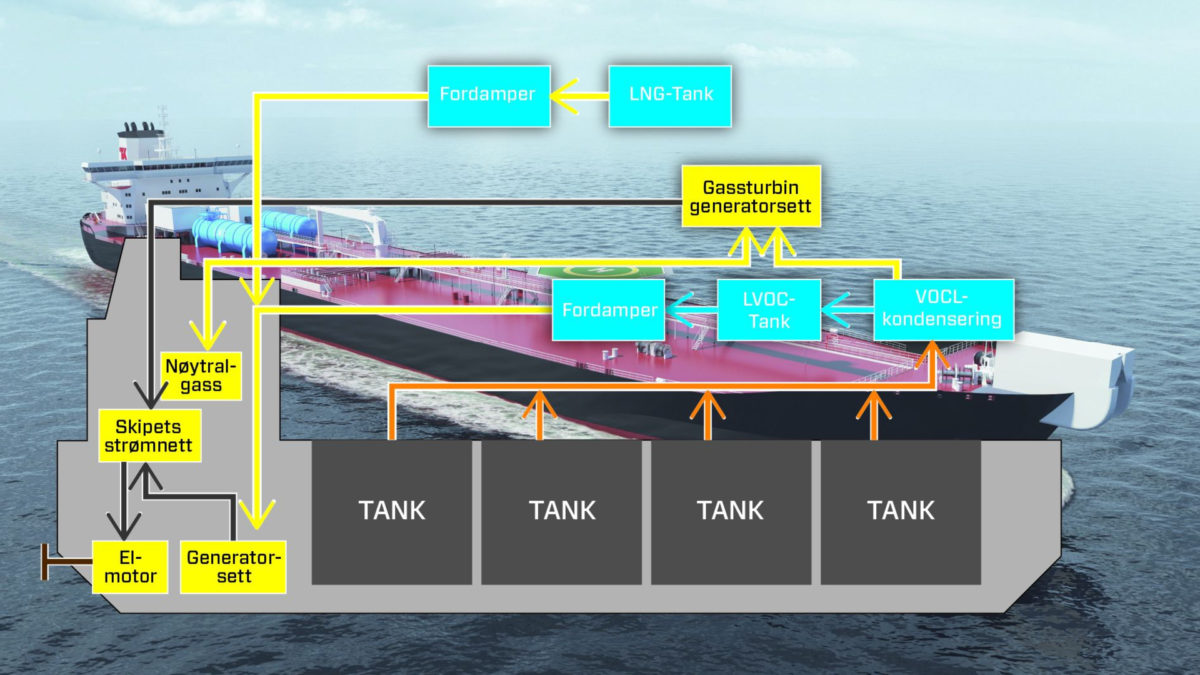A shuttle tanker is an advanced tanker that transports oil from oil fields to refineries. The use of batteries and the utilization of vapor from the oil cargo (VOC) can improve the operations of a shuttle tanker, reduce operating costs, and as a result significantly reduce greenhouse gas emissions and other emissions to air. Altera Infrastructure, formerly Teekay Offshore, as one of the world’s leading shipping companies in oil transportation, has concretised these ideas. Through this pilot, the company and partners have studied how the use of batteries and the utilisation of VOC from oil cargo, in combination with LNG as the primary fuel, can achieve environmental improvements and reduce costs.
The goal has been to reduce annual emissions of CO2 equivalents by about 40% compared to conventional shuttle tankers. This is done by hybrid electric propulsion – electricity, LNG and VOC. In addition to using LNG as the main fuel, the dual-fuel engines will also be able to run on a mixture of LNG and recycled VOC (the gas that evaporates from the oil tanks during loading/unloading and transport). In this way, harmful emissions will be reduced, as will the environmental impacts and operating costs, compared to conventional shuttle tankers.
Status
Altera Infrastructure has had a total of 6 shuttle tankers under construction in Korea. The first two have been completed and were delivered to the owner in early 2020. A further 4 similar shuttle tankers will be delivered during 2020 – 2021.
Even though the ships are built in Korea, Norwegian suppliers and Norwegian value creation account for 42%. GHG emissions have been cut by 50 per cent.

